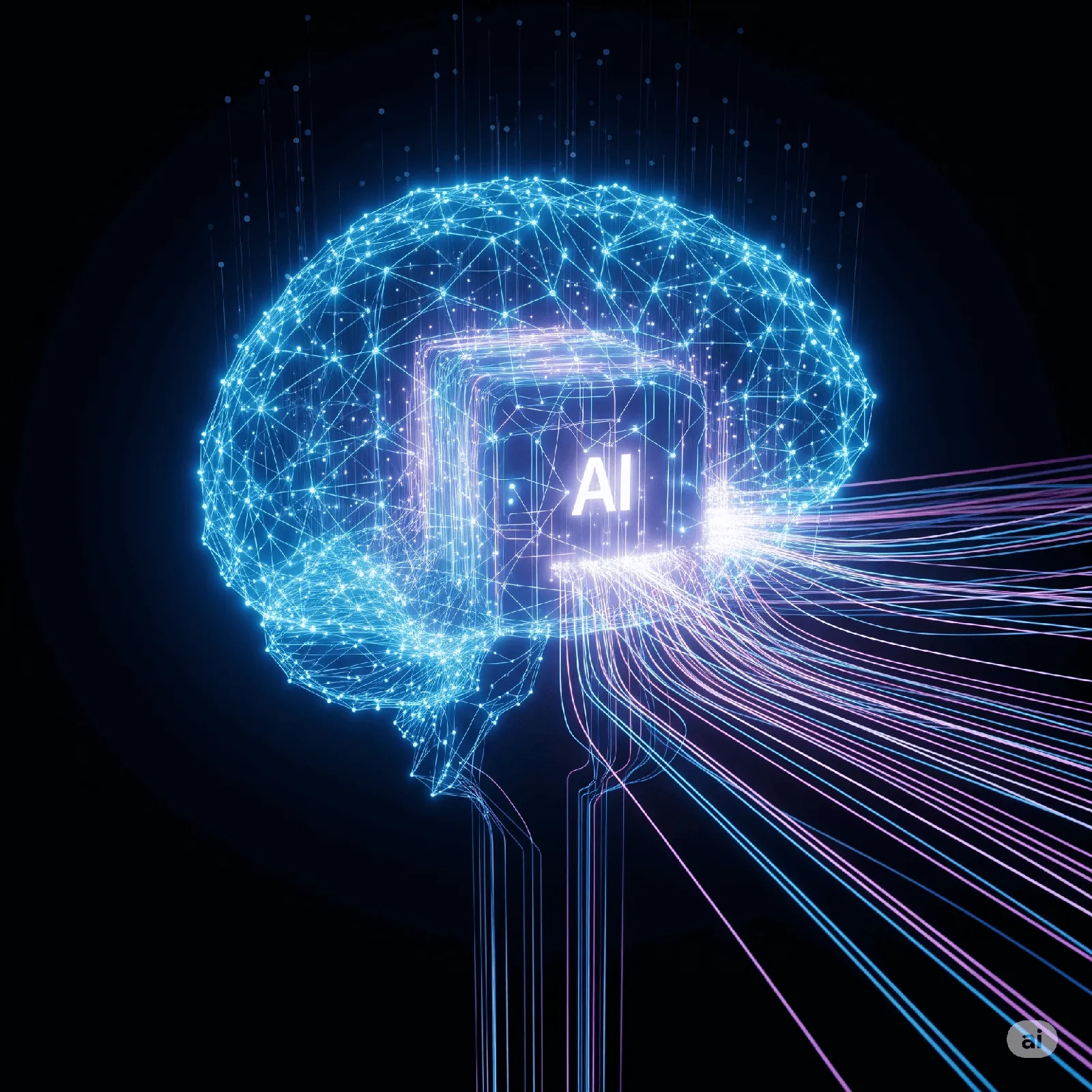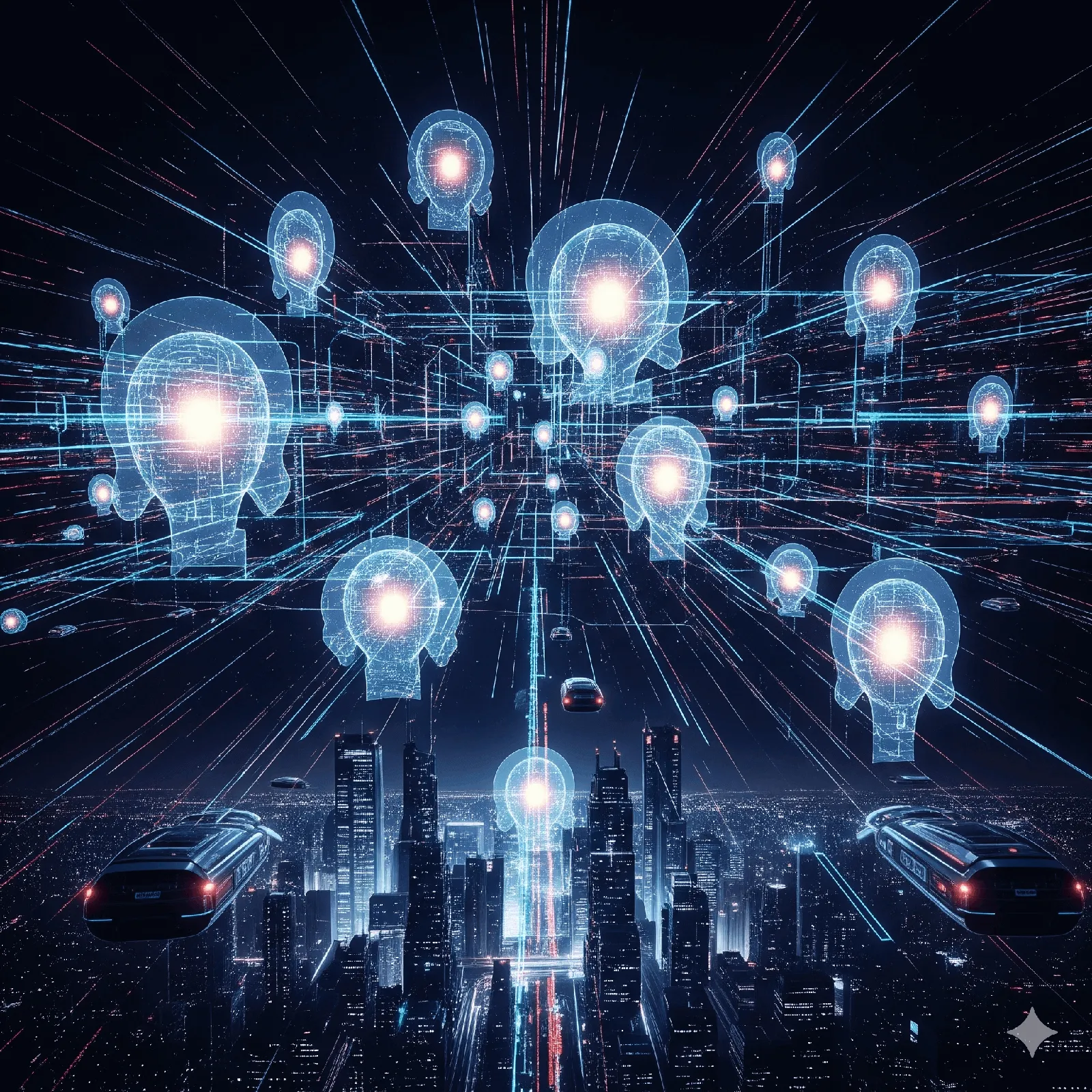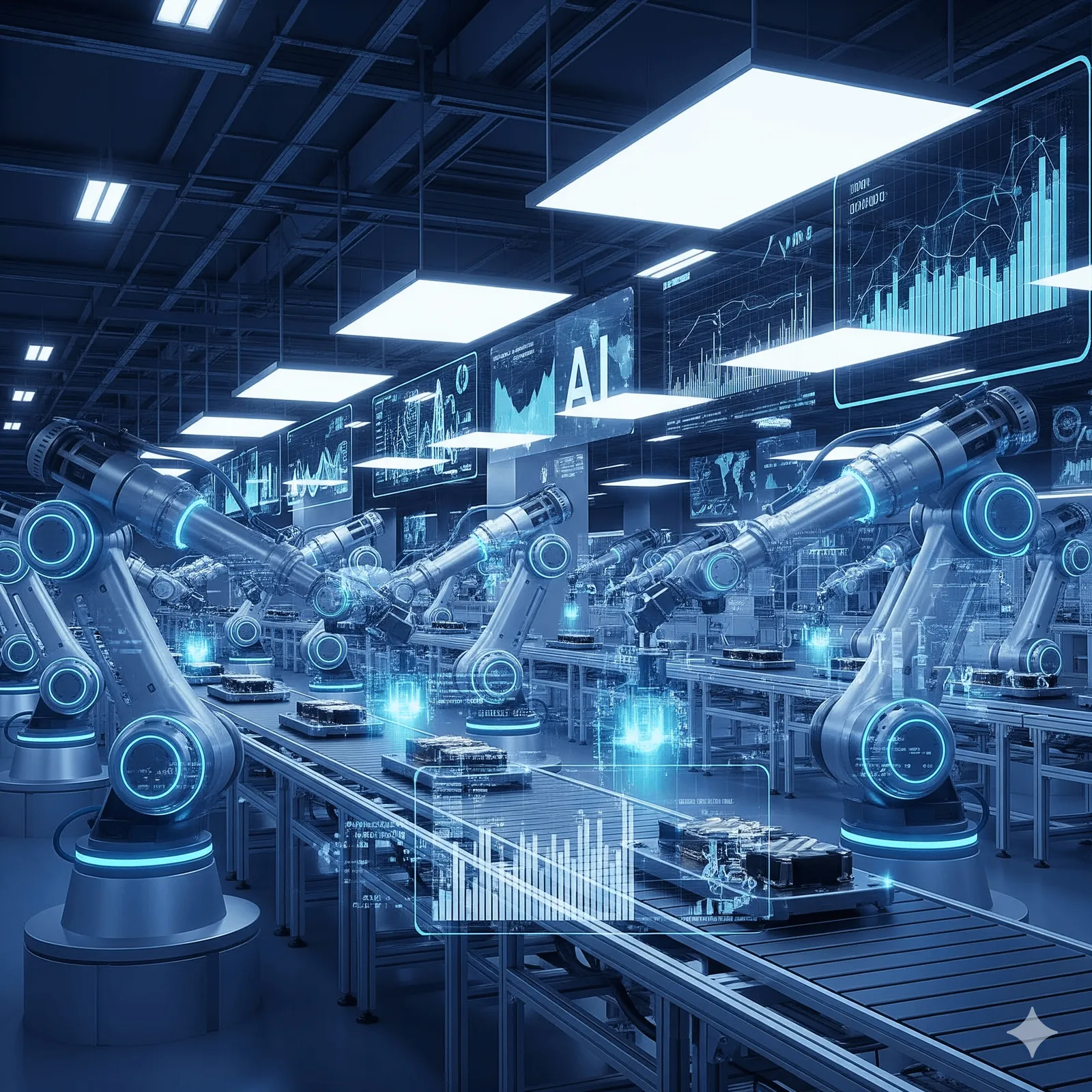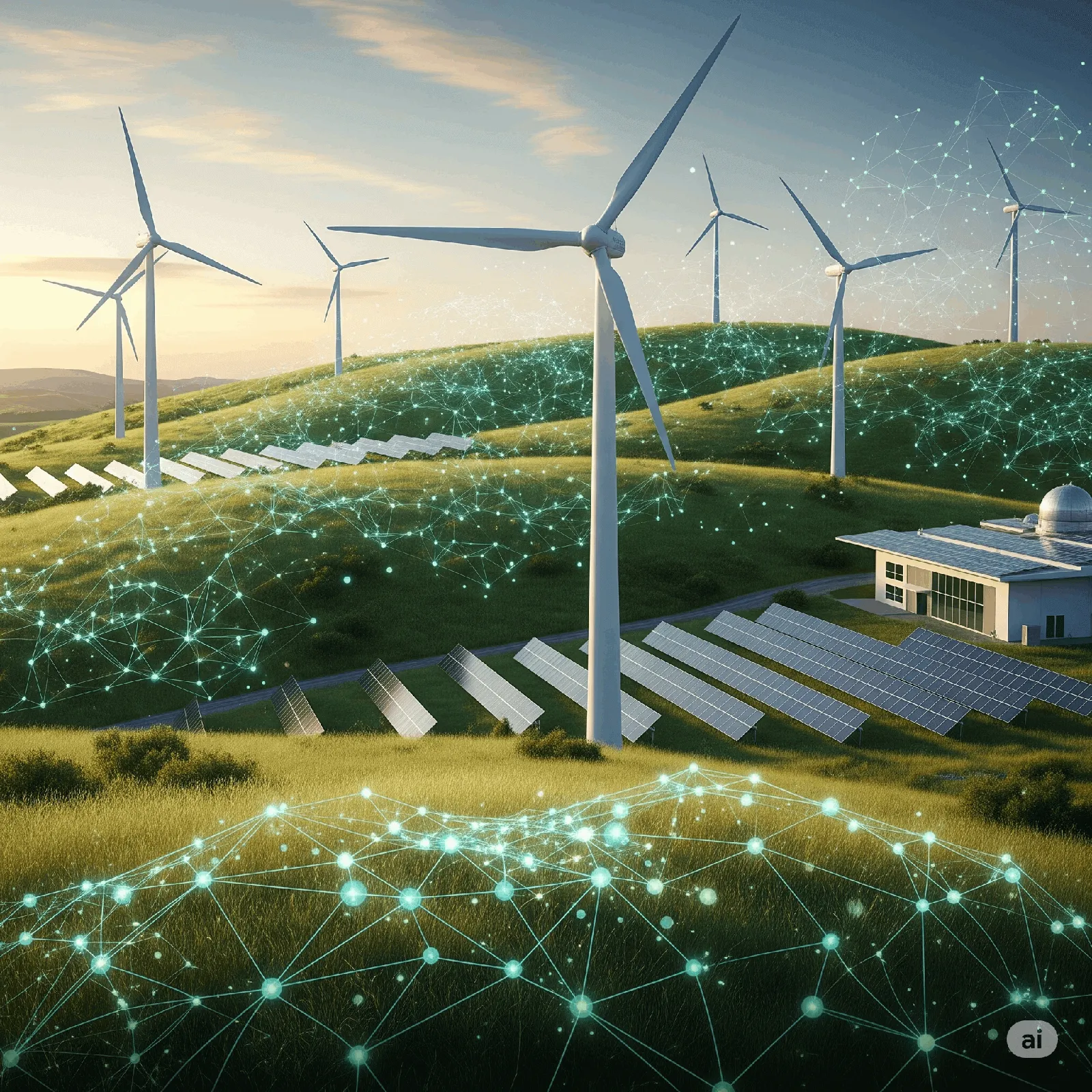The Rise of Agentic AI: What is It?

The conversation around artificial intelligence is shifting. For years, we’ve focused on AI as a tool for automation—a way to do the same tasks faster and more efficiently. But a new frontier is emerging, one that moves beyond simple automation into the realm of autonomy. Welcome to the era of agentic AI.
From Automation to Autonomy: What is Agentic AI?
Agentic AI refers to systems that don’t just follow pre-programmed instructions; they act as autonomous agents capable of making decisions, performing complex multi-step tasks, and achieving goals with minimal human intervention. Think of it as the difference between a spellchecker and a personal editor. A spellchecker automates a single task (finding typos), but an AI agent can understand the goal (write a compelling article), and then research, draft, edit, and even source images for it.
These AI agents are designed with a “sense of agency.” They can perceive their environment (digital or physical), reason about the best course of action, and execute it to achieve a desired outcome. This is the leap from AI as a passive tool to AI as an active partner.
The Impact on the Enterprise: A New Digital Workforce
For businesses, the implications are transformative. Agentic AI introduces the concept of a digital workforce that can be delegated complex, end-to-end processes.
- Supply Chain and Logistics: Imagine an AI agent that doesn’t just track inventory but autonomously negotiates with suppliers, forecasts demand based on real-time market signals, and reroutes shipments to avoid disruptions before they happen.
- Sales and Marketing: AI agents can move beyond sending automated emails. They can manage entire sales funnels, personalizing outreach to thousands of potential customers, scheduling meetings, and even conducting initial qualification conversations.
- Finance and Procurement: In the back office, agentic AI can turn spend management into a strategic powerhouse. These systems can centralize all spending data, identify savings opportunities, and execute procurement decisions in real-time, freeing up human teams to focus on high-level strategy.
Companies like Accenture and EY are already building platforms to help enterprises deploy these sophisticated agents, signaling a massive industry shift towards intelligent delegation.
For Consumers: The Ultimate Personal Assistant
The rise of agentic AI isn’t just a B2B phenomenon. In our daily lives, it promises to evolve the digital assistants we know today into something far more capable.
Your future AI assistant won’t just tell you the weather; it will be an agent that can manage your life with a simple instruction. “Plan my trip to Tokyo for next month” could trigger an AI agent to find the best flights and accommodations based on your known preferences, book them, add the details to your calendar, and even start suggesting an itinerary.
Amazon’s Alexa+ and the continuous evolution of Google’s Gemini and Meta’s AI are clear indicators that the goal is to create a truly helpful personal agent that can handle the complexities of modern life on our behalf.
The Road Ahead: Trust and Collaboration
Of course, the path to a fully agentic future requires navigating significant challenges, chief among them being trust, security, and control. Building robust systems that are reliable, explainable, and aligned with human values is paramount.
The rise of agentic AI isn’t about replacing humans, but augmenting them. It’s about freeing us from complex, time-consuming tasks so we can focus on what we do best: creativity, strategic thinking, and human connection.
The new workforce is here. It’s digital, it’s autonomous, and it’s ready to get to work.


